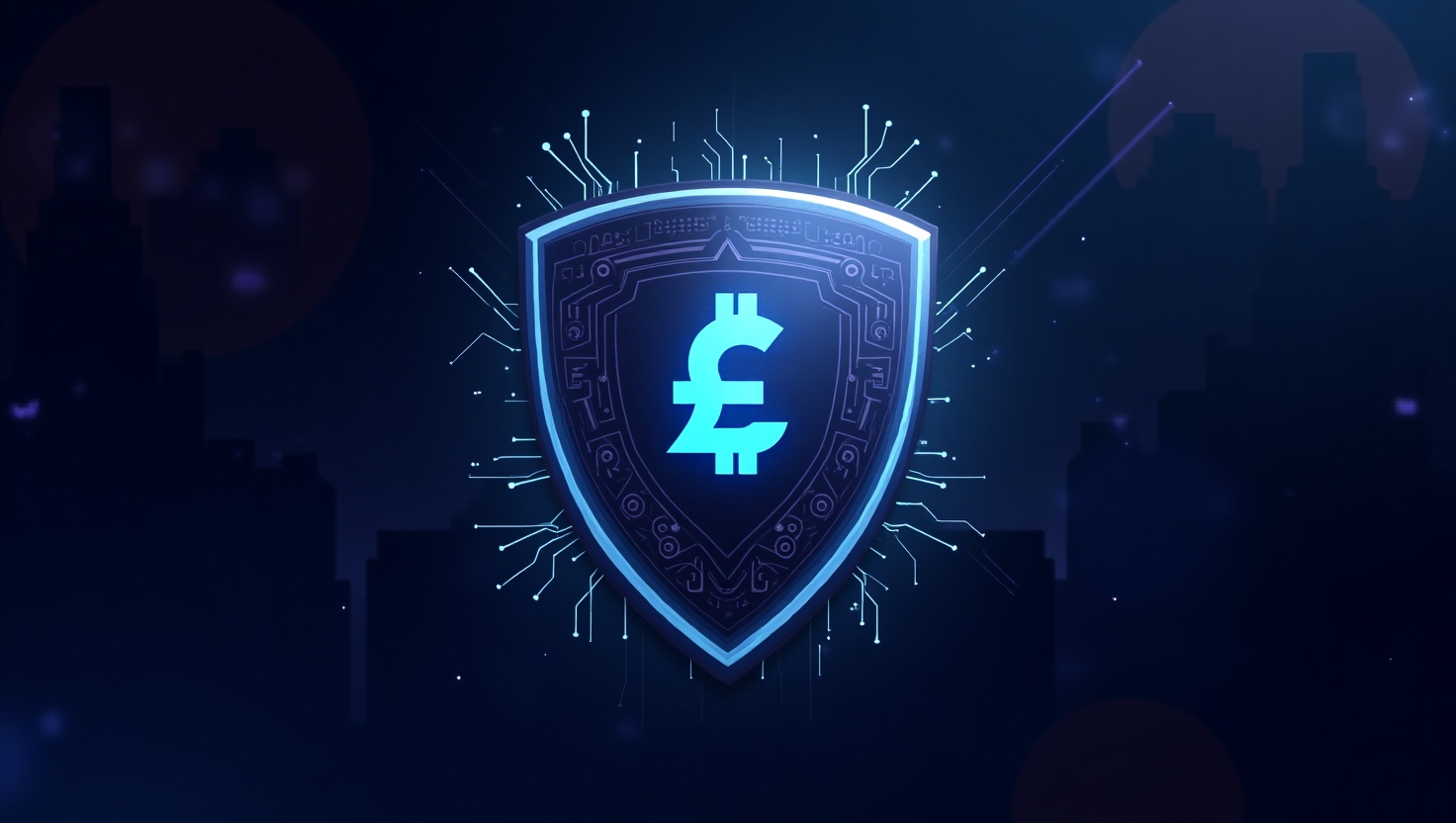In an increasingly digitalized world, cyber security has become a big concern for individuals, businesses and governments. As cyber threats evolve and become better, traditional security measures won’t work any longer. Artificial intelligence in the recent years, has taken over the cyber security space. In this post we will talk about
Enhancing Threat Detection
One of the best and most significat advantages that Artificial Intelligence (AI) has, is the ability to detect threats. Traditional security systems often rely on predefined rules and signatures to identify threats. However, cybercriminals are continually developing new techniques to bypass these defences. Artificial Intelligence particularly through machine learning algorithms, can analyze huge amounts of data in real time, identifying patterns and anomalies that may indicate a potential threat.
For example, AI can learn what typical network behavior looks like and flag any deviations, such as unusual login attempts or data transfers. By doing so, it can detect threats that may not have been previously identified, allowing organizations to respond more swiftly to potential breaches.
“Cybersecurity is a game of cat and mouse, and AI is the most agile player on the board, constantly adapting to new threats.”
Automating Incident Response
In addition to detecting threats, AI can automate incident response processes. When a potential threat is identified, AI systems can initiate predefined responses, such as isolating affected systems, blocking malicious IP addresses, or notifying security personnel. This rapid response is crucial in minimizing the damage caused by cyberattacks, as many breaches can escalate within minutes.
By automating these processes, organizations can reduce the workload on cybersecurity teams, allowing them to focus on more strategic initiatives and complex threats that require human intervention.
Predictive Analytics for Proactive Security
Artificial Intelligence (AI) also enables predictive analytics, which can help organizations stay one step ahead of cybercriminals. By analyzing historical data and identifying trends, AI can forecast potential threats and vulnerabilities. This proactive approach allows organizations to implement security measures before an attack occurs, thereby reducing the risk of breaches.
For instance, AI can analyze data from previous attacks to identify common tactics used by cybercriminals and recommend strategies to mitigate these risks. This foresight is invaluable in creating a robust cybersecurity strategy.
Challenges and Limitations
Despite its many advantages, the integration of Artificial Intelligence (AI) into cybersecurity is not without challenges. One primary concern is the potential for AI systems to be manipulated by cybercriminals. Adversarial attacks, where malicious actors exploit vulnerabilities in AI algorithms, pose a significant risk. For example, attackers can feed misleading data to AI systems, causing them to misidentify threats or overlook genuine risks.
Moreover, the reliance on AI can lead to a false sense of security. Organizations must remember that AI is not a panacea for all cybersecurity challenges. It should be viewed as a complementary tool that enhances existing security measures rather than a complete replacement.
“In the digital age, AI is both a guardian and a threat; it can fortify our defenses but also be a weapon in the hands of cybercriminals.”
The Future of Cybersecurity with AI
As cyber threats continue to evolve, the role of AI in cybersecurity will only grow in importance. Organizations that adopt AI-driven security solutions will be better equipped to tackle the challenges of a rapidly changing digital landscape.
Future developments may include more sophisticated AI algorithms that can adapt to new threats in real time, increased collaboration between AI and human cybersecurity professionals, and enhanced tools for threat hunting and incident response. Additionally, as regulations around data privacy and cybersecurity become more stringent, AI will play a crucial role in ensuring compliance and protecting sensitive information.
The Ending
If you are looking to get into the space of Artificial Intelligence and Cyber Security, it’s a space that is growing rapidly. As cyber threats get better, different companies are looking for better ways to upgrade their security protocols. Artificial Intelligence empowers organizations to defend against an ever growing array of cyber threats!

Leave a Reply